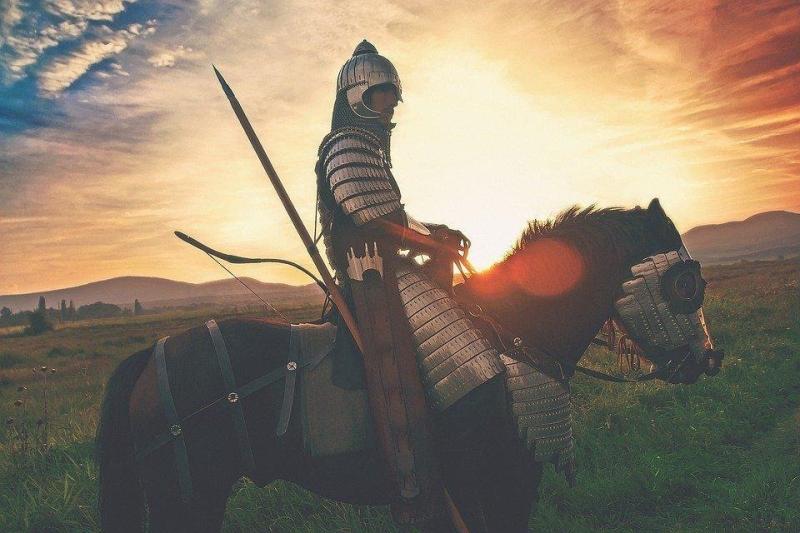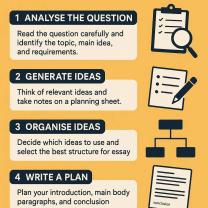What is the value of studying military history?
Studying military history provides a range of insights and benefits, both for individuals and society as a whole. Here are some key reasons why the study of military history is valuable:
Understanding Human Conflict:
- Military history offers a deep understanding of the causes and consequences of human conflict. It helps us comprehend the factors that lead to wars, battles, and revolutions, shedding light on the complexities of human behavior during times of crisis.
Learning from Mistakes and Successes:
- Examining historical military campaigns allows us to learn from both the mistakes and successes of past leaders and strategists. This knowledge can be applied to contemporary military and political decision-making.
Leadership Lessons:
- Military history provides valuable insights into leadership, strategy, and decision-making under pressure. Studying the actions of historical military leaders can offer lessons in effective leadership and the consequences of poor decision-making.
Cultural and Social Impact:
- Wars and military conflicts have had profound effects on societies, shaping cultures, economies, and political systems. Understanding military history helps us comprehend how these events have influenced the development of nations and civilizations.
Technological Advancements:
- Military history often reflects the evolution of technology, from weapons and tactics to communication and logistics. Examining the impact of technological advancements in the context of warfare can provide insights into broader patterns of innovation and progress.
Global Perspectives:
- Military history is inherently connected to geopolitics and international relations. Studying it helps individuals gain a broader perspective on global affairs, fostering a better understanding of the interconnectedness of nations and regions.
Crisis Management Skills:
- Individuals who study military history may develop skills in crisis management, strategic thinking, and problem-solving. These skills are valuable not only in military contexts but also in various fields, including business, politics, and emergency response.
National Identity and Patriotism:
- For many societies, military history plays a crucial role in shaping national identity and fostering a sense of patriotism. Understanding the sacrifices and victories of the past can contribute to a shared sense of heritage and values.
Preserving Memory and Honoring Sacrifice:
- Studying military history helps preserve the memory of those who have served and sacrificed in conflicts. It provides a means of honoring the contributions of soldiers and civilians during times of war.
Preventing Future Conflicts:
- By understanding the root causes and dynamics of past conflicts, society can work towards preventing future wars. The study of military history can contribute to diplomatic efforts, conflict resolution, and the promotion of peace.
In summary, the value of studying military history extends beyond the specific domain of warfare. It offers insights into human nature, leadership, and the complex interplay of factors that shape the course of history. The lessons learned from military history can be applied to various aspects of life and contribute to the betterment of society.
Unveiling history's lessons: The value of studying military history
Military history is a rich and multifaceted tapestry of human endeavor, encompassing not only battles and campaigns but also the evolution of strategy, tactics, and technology. By studying military history, we can gain valuable insights into the human condition, the dynamics of power, and the nature of conflict.
One of the primary values of studying military history lies in its ability to provide context and understanding of current events. By examining past conflicts, we can better appreciate the complexities of contemporary warfare and the enduring challenges faced by military leaders.
Military history also serves as a repository of strategic lessons, offering valuable guidance for decision-making in both military and civilian spheres. By understanding the successes and failures of past commanders, we can develop a more nuanced appreciation of the risks and rewards involved in strategic decision-making.
Strategic insights: How military history informs contemporary decision-making
Military history provides a wealth of strategic insights that can inform contemporary decision-making in both military and civilian contexts. By examining past conflicts, we can identify patterns, trends, and lessons that can be applied to current challenges.
One of the key benefits of studying military history is the ability to develop a deeper understanding of the factors that influence strategic outcomes. By analyzing past campaigns, we can identify the roles of technology, leadership, logistics, and morale in shaping the course of conflict.
Military history also provides valuable insights into the complexities of decision-making under pressure. By studying the choices made by historical commanders, we can gain a better appreciation of the challenges and trade-offs involved in navigating ambiguous and uncertain situations.
Leadership development: Drawing inspiration from historical military figures
Military history is replete with examples of exceptional leadership, providing a rich source of inspiration and guidance for aspiring leaders in all fields. By studying the lives and accomplishments of great military leaders, we can identify and cultivate the qualities that are essential for effective leadership.
One of the key takeaways from studying military history is the importance of character and integrity in leadership. By examining the lives of exemplary leaders, we can develop a deeper understanding of the virtues that underpin effective leadership, such as courage, integrity, humility, and decisiveness.
Military history also provides valuable insights into the art of motivating and inspiring others. By studying the methods and techniques employed by historical leaders, we can learn how to effectively communicate, delegate, and empower others to achieve common goals.
Historical context: The role of military history in understanding global events
Military history serves as a crucial lens through which to understand the broader sweep of human history. By examining the interplay of military, political, and social forces, we can gain a deeper appreciation of the factors that have shaped the modern world.
One of the primary contributions of military history is its ability to illuminate the causes and consequences of conflict. By studying past wars, we can better understand the dynamics of power, the role of ideology, and the impact of technology on warfare.
Military history also provides valuable insights into the evolution of societies and nations. By examining the role of military institutions in shaping political and social structures, we can gain a better understanding of the forces that have shaped the modern world order.
Personal growth: The transformative power of studying military history
The study of military history can have a profound impact on personal growth and development. By engaging with the stories of courage, sacrifice, and resilience that are woven into the fabric of military history, we can gain valuable insights into our own potential for leadership, perseverance, and compassion.
One of the transformative aspects of studying military history is its ability to challenge our preconceptions and broaden our perspectives. By examining the experiences of individuals from diverse backgrounds and cultures, we can develop a greater sense of empathy and understanding for others.
Military history also provides a powerful reminder of the fragility of peace and the importance of individual actions in shaping the course of history. By learning from the past, we can strive to create a more peaceful and just future for all.












